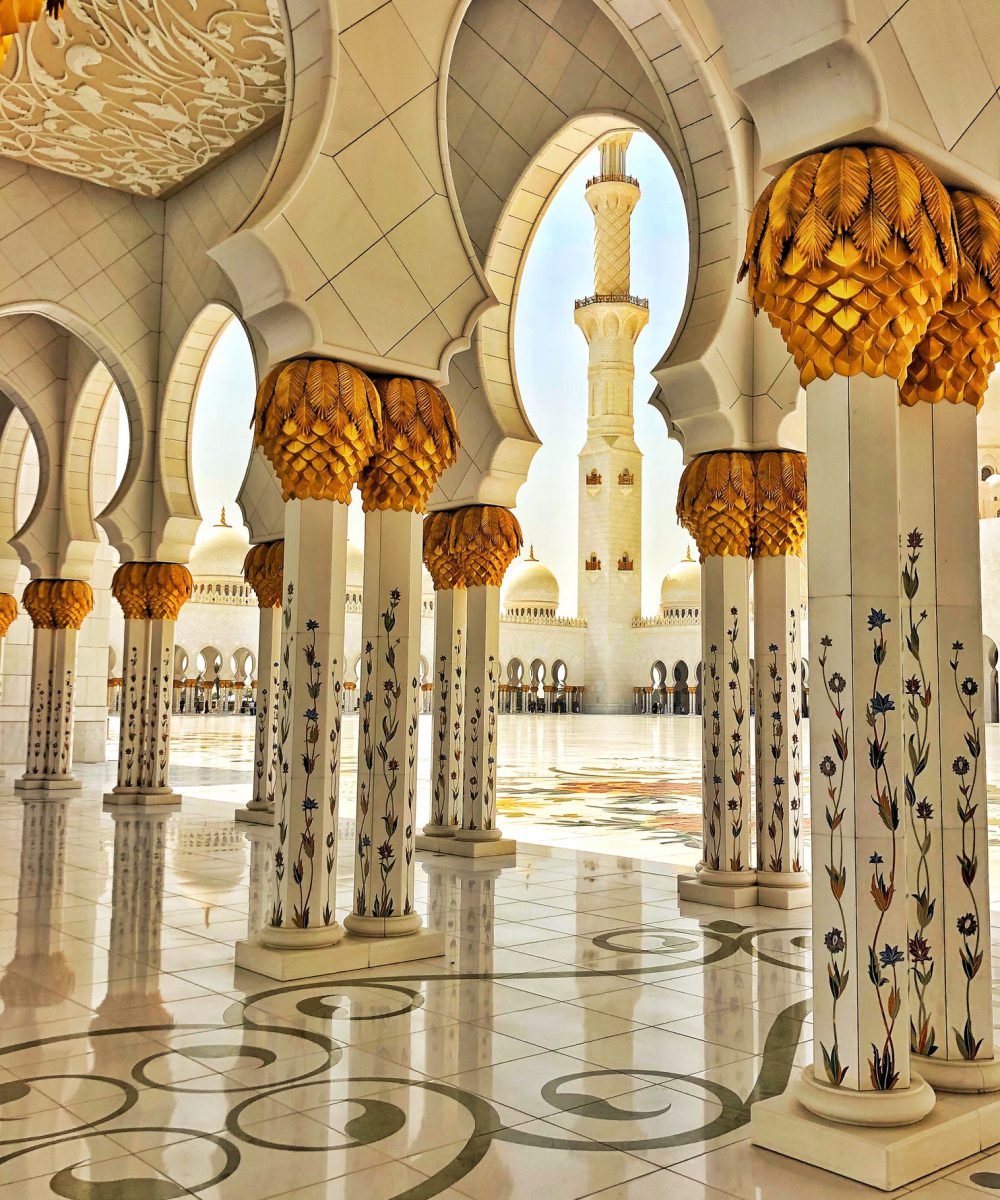Sawm (Fasting): The Fourth Pillar of Islam
Sawm (fasting) is the fourth pillar of Islam, observed during the holy month of Ramadan. Muslims abstain from food, drink, smoking, and marital relations from dawn (Fajr) until sunset (Maghrib), seeking spiritual purification, self-discipline, and closeness to Allah.
-
Fasting from dawn to sunset (no food or drink)
-
Suhoor — pre-dawn meal before fasting begins
-
Iftar — meal to break the fast at sunset
-
Spiritual reflection and increased prayer (Taraweeh)
-
Charity and empathy for the poor
-
Laylat al-Qadr — the Night of Power in the last ten days
Fasting during Ramadan strengthens faith and develops taqwa (God-consciousness). Those who are ill, traveling, elderly, or pregnant may be exempt and can make up the fasts later or feed the needy as compensation.

Purpose of Fasting
The aim of Sawm is not only to abstain from food and drink but also to purify the soul, control desires, and develop empathy and gratitude. It teaches patience, humility, and submission to Allah’s will.
Who Must Fast?
Every adult Muslim who is physically and mentally able must fast during Ramadan. Exemptions apply for children, the sick, travelers, pregnant or nursing women, and the elderly who cannot fast.
Acts that Invalidate the Fast
Eating, drinking, intentional vomiting, smoking, and marital relations invalidate the fast. Minor unintentional acts do not break it, but one should maintain sincerity, avoid sin, and guard the tongue and actions.
After Ramadan
The end of Ramadan is celebrated with Eid al-Fitr, a day of joy, prayer, and charity. Muslims give Zakat al-Fitr before Eid prayers to help those in need share in the celebration.